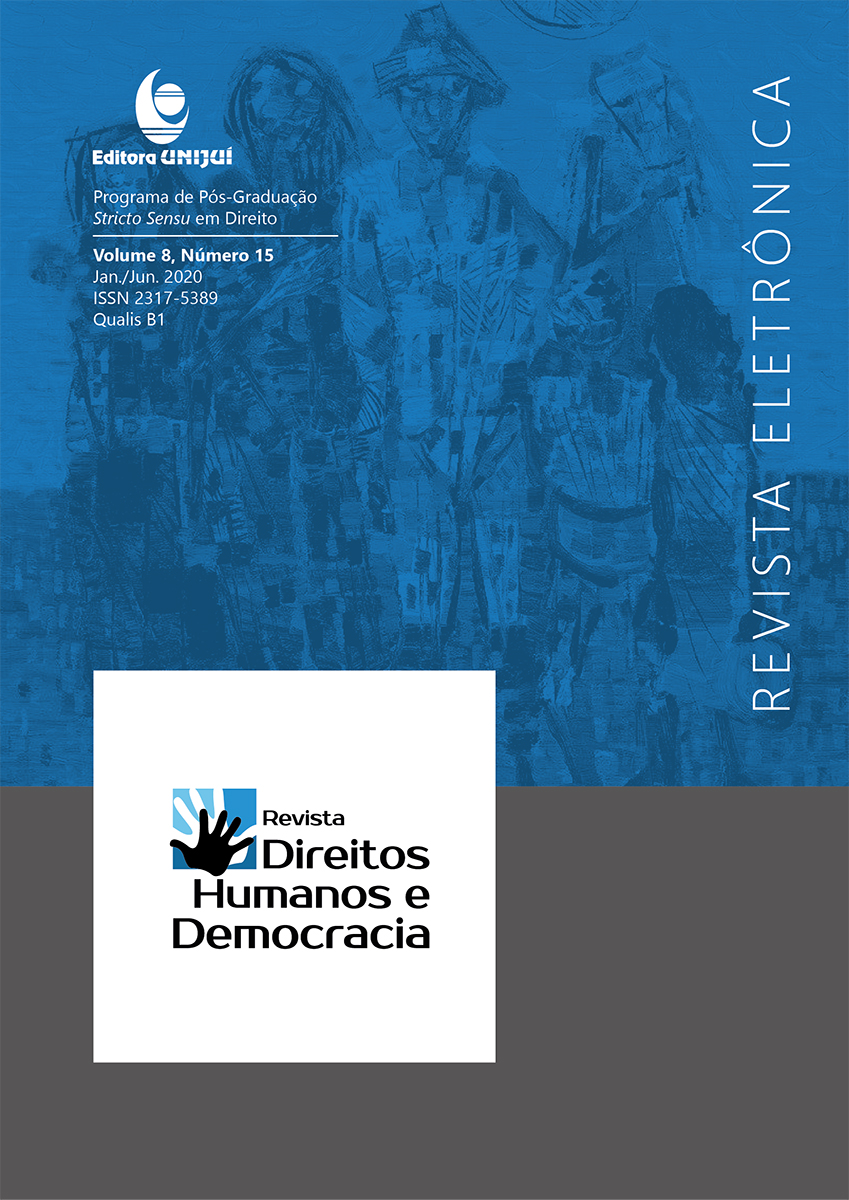A EUTANÁSIA COMO FORMA DE GARANTIA DA AUTONOMIA DA VONTADE
DOI:
https://doi.org/10.21527/2317-5389.2020.15.96-107Keywords:
Autonomy of the will; ability to consent; dignity of human person; euthanasia.Abstract
The article deals with the question of how to guarantee the autonomy of the will and human dignity with euthanasia, respect for dignified death and following the will and the precepts of the patient. It also shows the need to verify the patient's ability to consent when he expresses his will. The objectives are to conceptualize, in a concise way, the principles of the dignity of the human person and the autonomy of the will; demonstrate that currently, in Brazil, in relation to euthanasia, are being suppressed; define euthanasia and its specificities, together with the global context to which it is inserted. And, finally, to explain about the autonomy of the patient's will and his ability to consent. The methodology used consists of a study carried out by means of bibliographical and documentary review, explanatory. Thus, in order to have respect for the autonomy of the will, it is necessary to investigate the validity and trustworthiness of the expression of will expressed by the patient. This must have the ability to consent, as well as not be subjected to any irresistible constraint. The autonomy of the will must be real, without any internal or external interference of the patient.
Downloads
Published
How to Cite
Issue
Section
License
By publishing in the Revista Direitos Humanos e Democracia, authors agree to the following terms:
Articles are licensed under the Creative Commons Atribuição 4.0 Internacional (CC BY 4.0), which allows:
Share — copy and redistribute the material in any medium or format;
Adapt — remix, transform, and build upon the material for any purpose, including commercial use.
These permissions are irrevocable, provided the following terms are respected:
Attribution — authors must be properly credited, with a link to the license and indication of any modifications made;
No additional restrictions — no legal or technological measures may be applied that restrict the use permitted by the license.
Notices:
The license does not apply to elements in the public domain or covered by legal exceptions.
The license does not grant all rights required for specific uses (e.g., image rights, privacy, or moral rights).
The journal is not responsible for opinions expressed in the articles, which remain the sole responsibility of the authors. The Editor, with the support of the Editorial Committee, reserves the right to suggest or request modifications when necessary.
Only original scientific articles presenting research results of interest, not previously published or simultaneously submitted to another journal with the same purpose, will be accepted.
References to trademarks or specific products are intended solely for identification purposes and do not imply any promotional endorsement by the authors or the journal.
License Agreement: Authors retain copyright over their articles and grant the Revista Direitos Humanos e Democracia the right of first publication.













